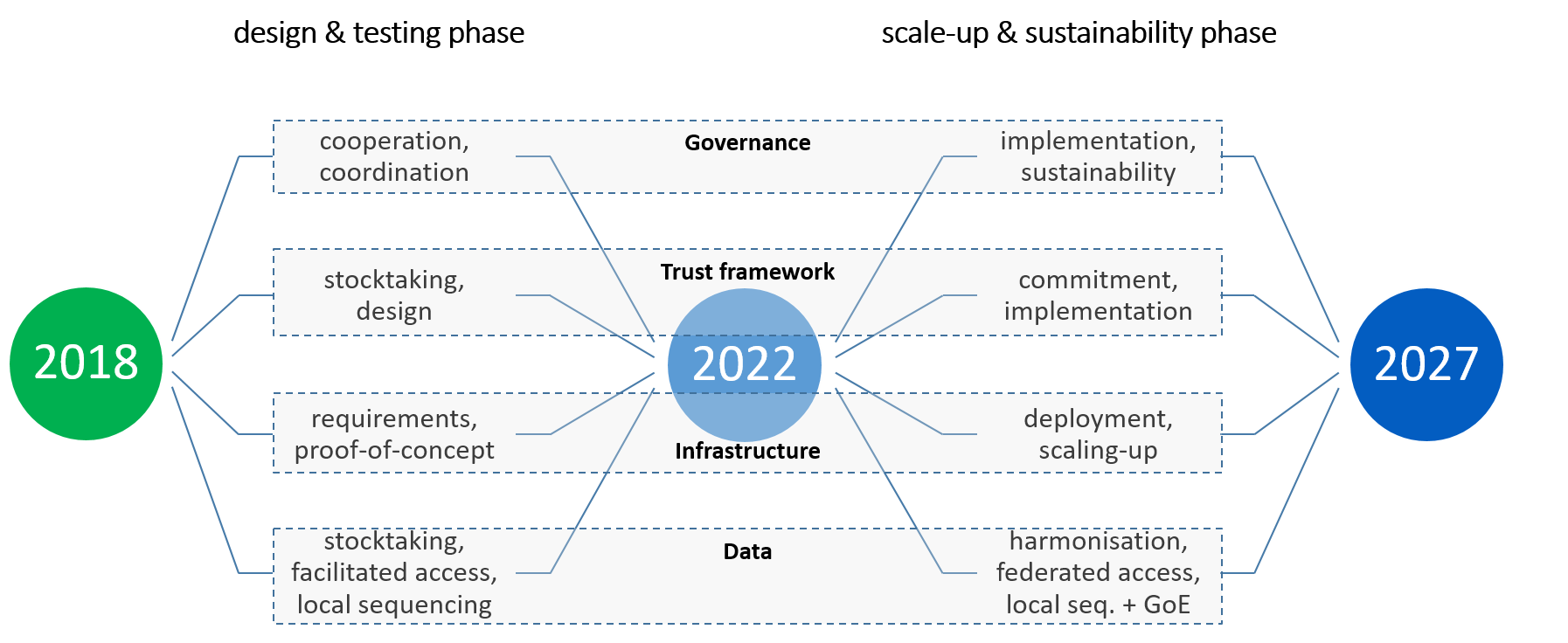As part of the efforts to enhance the passenger experience at Pittsburgh International Airport (PIA), professors, students, and airport officials collaborated to develop five major projects aimed at transforming PIA into the smartest airport in the world. These innovations include a special app that relies on understanding people's movements inside airports to help them find vacant parking spots in a shorter period of time. Moreover, these innovations offer a sensor-based app and a smart suitcase to help people of determination.
The Allegheny County Airport Authority has developed the first app to help people find parking spots using real-time information related to parking spaces to locate available spots, track cars, and help individuals move inside the airport's parking space. In order to identify the direction of passengers on wheelchairs, the app analyzes how easily they can reach their destination, how much time they spend waiting for escorts at the gate, and the location of the wheelchairs if not in use. Furthermore, the app processes the purchasing habits of passengers in case of flight delays or cancellations.

In order to serve visually impaired passengers, smart suitcases have been developed to sound an alarm when users are headed for a collision. Moreover, Carnegie Mellon University and IBM developed NavpassenCog. This smartphone app relies on hundreds of Bluetooth beacons and is equipped with sensors to help the visually impaired reach their destination without any help. The app relies on a map of the airport to provide audio instructions, hence users are able to reach the ticketing counter in three minutes, traverse the terminal in about six minutes, and go from the gate to a restroom in a minute. The airport is powered by Zensors system equipped with cameras that provide accurate and real-time data on waiting times at checkpoints.

In 2018, Carnegie Mellon University and Allegheny County Airport Authority signed an agreement to establish a partnership with Metro21: Smart Cities Institute to research and develop a number of projects targeting local sectors and airports. Moreover, the University of Pittsburgh has also entered into a partnership with Pittsburgh International Airport to establish a 195-acre innovation campus within the airport's premises. The campus is expected to be fully ready by 2023. This campus will focus on industrial facilities aimed at saving energy. It will also recycle the gases emitted by the space manufacturing sector and 3D printing technology used in manufacturing. This campus, which is home to Neighborhood 91, sought to use 3D technology in all manufacturing processes, including the production of noble gases and powder used in printing by employing argon and highly efficient power sources. Furthermore, manufactured parts are also tested, analyzed, treated with heat, and exposed to x-rays within the campus to eliminate any unwanted materials. Once the 3D-printed parts are manufactured, they are moved to the storage site or immediately shipped from Pittsburgh International Airport to any other destination in the world within 24 hours.






